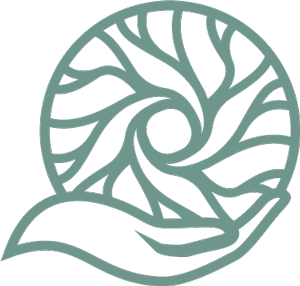Constant headaches and migraines can negatively affect your quality of life, making it hard to perform daily activities. Different types of headaches have different symptoms, and it’s important to identify the specific cause of your headache to curate a personalized treatment plan. The Multiple Sclerosis and Neurology Institute of Austin is led by neurological specialists who use empathic listening, neuroimaging when necessary, and other procedures to diagnose and curate a personalized treatment plan. Please schedule a consultation if you’re suffering from persistent headaches.
Headaches FAQs

What are headaches?
Headaches are medical conditions that cause persistent aches and pain in one or more areas of your head, negatively affecting your daily activities and life. Headaches can range in severity from mild to extremely severe, and they can occur for a few hours at a time or even last for several days at a stretch. The most common types of headaches are migraines, tension headaches, cluster headaches, and new daily persistent headaches. Each type of headache produces new symptoms and must be treated using different techniques.
What are the most common types of headaches?
- Tension Headaches: Tension headaches are the most common types of headaches, and they’re especially common amongst teenagers and young adults. Tension-type headaches cause mild to moderate pain for short periods, and they aren’t accompanied by other symptoms. This type of headache usually dissipates automatically.
- Migraines: Migraine headaches lead to pounding and throbbing sensations that last from 4 hours to 3 days, and they can happen 1 to 4 times a month. Some of the other common symptoms of migraine headaches include nausea and vomiting, loss of appetite, photosensitivity, and bellyaches.
- Cluster Headaches: Cluster headaches are the most severe types of headaches, especially because they’re accompanied by burning and piercing sensations behind one eye. Individuals suffering from cluster headaches often pace around during an attack. The symptoms may appear 1 to 3 times per day and last for 2 weeks to 3 months.
- New Daily Persistent Headaches: New daily persistent headache (NDPH) is a type of headache that appears suddenly and lasts continuously for 3 months or longer. The headache may increase or recede every day, but it’s always present. This type of headache is extremely rare, but it can be debilitating to the affected individual.
- Other Types of Headaches: There are over 150 types of headaches. Besides those mentioned above, some of the other types of headaches include chronic daily headaches, sinus headaches, post-traumatic headaches, exercise headaches, hormone headaches, rebound headaches, ice pick headaches, spinal headaches, and more.
What are the symptoms of headaches?
Different types of headaches lead to different symptoms. But the following are some of the most common signs and symptoms of headaches:
- Daily headaches
- Facial discomfort
- Nausea or vomiting
- Photosensitivity
- Sound sensitivity
- Visual changes
- Constant head pain
- Pain on one side of the head
- Constant but dull head pain
- Severe pulsing and throbbing sensations


How are headaches diagnosed?
The Multiple Sclerosis and Neurology Institute of Austin performs a thorough evaluation to diagnose the root cause of your headaches. The neurologist will discuss your medical history and symptoms, perform a physical examination, and administer neurological tests, following which they will curate a personalized treatment plan.
What are the treatments for headaches?
The treatment plan for your headaches depends on your specific symptoms, condition, and the root cause of your headaches. Different types of headaches are caused by different factors, so their treatments must also be different. The following are some of the most common treatments for headaches:
- Intravenous infusion therapy
- Dietary changes
- Physical therapy
- Dietary supplements
- Medications
- Botox injections
- Occipital nerve blocks
- Stress reduction
- Sleep changes



